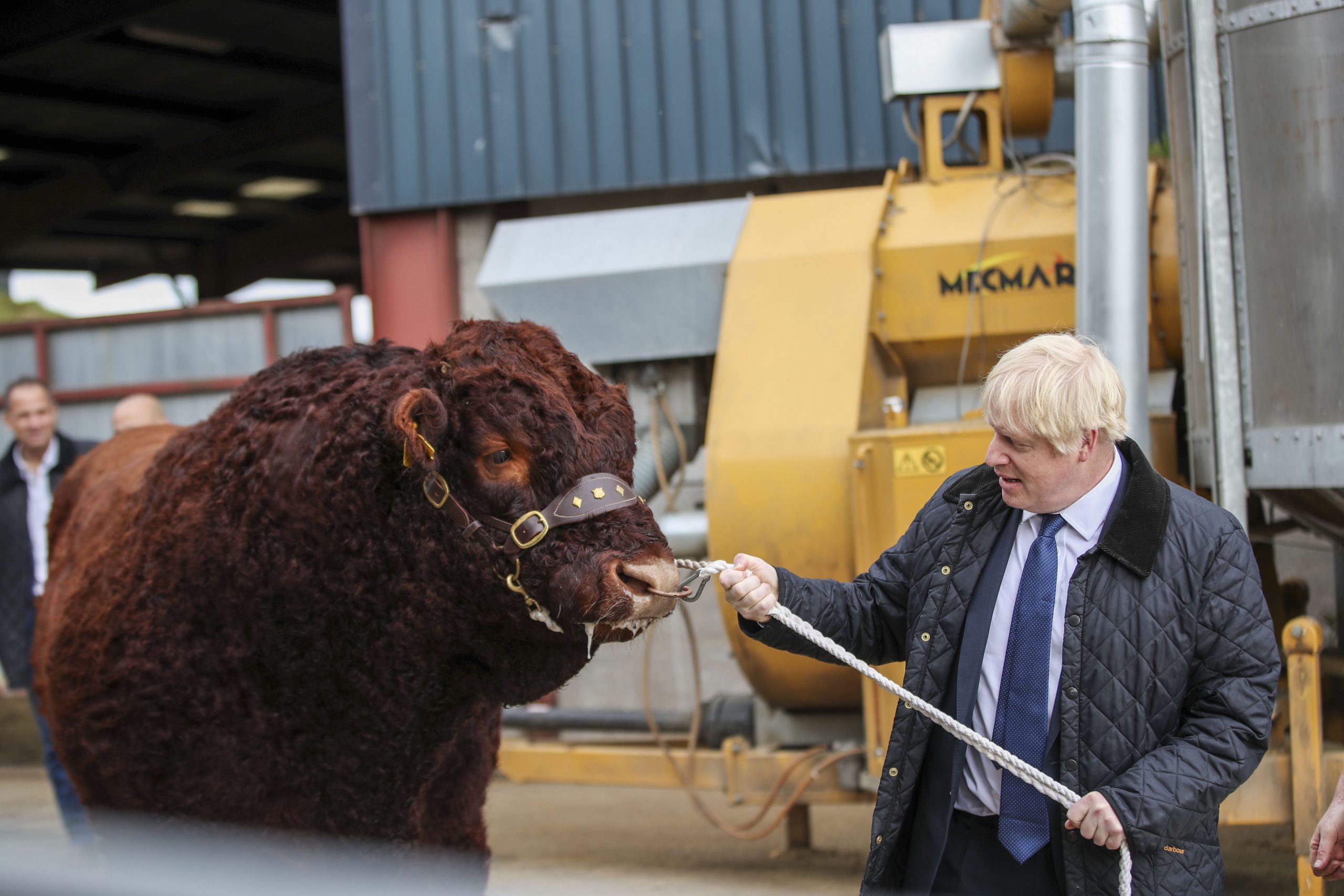Boris Johnson’s key election pledge to introduce 50,000 new nurses to tackle the NHS staffing crisis has been slammed by opponents as “frankly deceitful”.
The Prime Minister announced the policy at the launch of the Conservative party’s general election manifesto in Telford where he promised to “release the lion from its cage” and “forge a new Britain” through £100 billion extra spending over the next five years.
Brexit was at the heart of Johnson’s address to party supporters, repeating his promise that the UK will leave the EU on January 31 2020, saying his government will “deliver absolutely all the opportunities of Brexit”.
40% of ‘new nurses’ already are NHS nurses
However, his promise of 50,000 nurses for the NHS quickly started to unravel as scrutiny of the figures showed 18,500 will be “retained” by the NHS – meaning 40% of the nurses promised are already working as nurses for the NHS.
“The Conservatives’ claim on nurses is frankly deceitful – the sums simply don’t add up,” said Jonathan Ashworth, Labour’s shadow health secretary. “First we had Johnson’s fake 40 new hospitals, now we have his fake 50,000 extra nurses.”
The Tories say 50,000 new nurses will be achieved by recruiting 12,500 from abroad and boosting student nurses numbers to 19,000 by providing an annual maintenance grant of between £5,000-£8,000 (effectively reversing the decision to scrap the bursary taken two years ago under Theresa May’s government). Extra professional training, support and childcare will help “retain” the 18,500 nurses who might otherwise leave the NHS.
Brexit and the NHS
The phrase “Get Brexit Done” is repeated in the manifesto 22 times but the importance of the NHS to voters – and therefore politicians – is signalled by a raft of promises including increasing spending on the health service by £34 billion a year; funding and building 40 new hospitals in the next ten years; 50 million more GP announcements every year through training and recruiting 6,000 more GPs and 6,000 extra primary care doctors; doubling funding for dementia research and making finding a cure a priority; aboilsihing hospital car park fees for blue badge holders and the gravely ill; and, increasing the surcharge foreign users of the NHS pay to tackle “health tourism”.
On Brexit, the PM said his “oven ready deal” with the EU will mean the UK leaves by January 31 to negotiate a trade agreement nest year, ruling out any extension to the transition period past the end of 2020.
‘Manifesto spending list omits headline pledges’
Johnson made it clear his Conservative party would not fight a spending battle with Labour, committing the Tories to just £3 billion extra ‘day-to-day’ spending a year compared to the £83 billion annual hike promised by Labour.
The extra £100 billion announced will be spent on infrastructure projects – including fixing pot holes in roads – and financed by extra borrowing rather than increasing income tax, national insurance or VAT. However, the Guardian report that “the manifesto spending list omits its headline pledges on school funding, the NHS, and police officers.”
‘Stakes have seldom been higher’
Voters, said Johnson, were facing “the most critical election of modern memory, when the stakes for this country have seldom been higher and the choice has never been starker.”
Among the other policies in the manifesto were promised tax cuts for all but the wealthiest and no increases on VAT, national insurance or income tax; a pensions “triple lock” to ensure real-rises each year; an extra £4 billion spending to improve flood defences; a new levy on plastic packaging to increase the amount of recycled material used; a promise to repeal the Fixed-term Parliaments Act (which severely hampered the PM’s attempts to force a general election) and a review of the constitution; 20,000 new police officers and 10,000 new prison places; a “firmer and fairer” immigration system based on the Australian-style points policy; increase education spending by raising teachers’ starting salaries to £30,000 and level up per-pupil funding to £5,000; a £1 billion fund for childcare; a £3 billion skills fund for education and training; and, raising the national insurance threshold to £9,500.
Labour’s £58bn promise to female pensioners
Labour managed to take some of the spotlight from the Tories with their announcement yesterday of a policy to compensate more than three million female pensioners “unfairly” penalised by changes in the retirement age – a pledge estimated to cost a further £58 billion.




